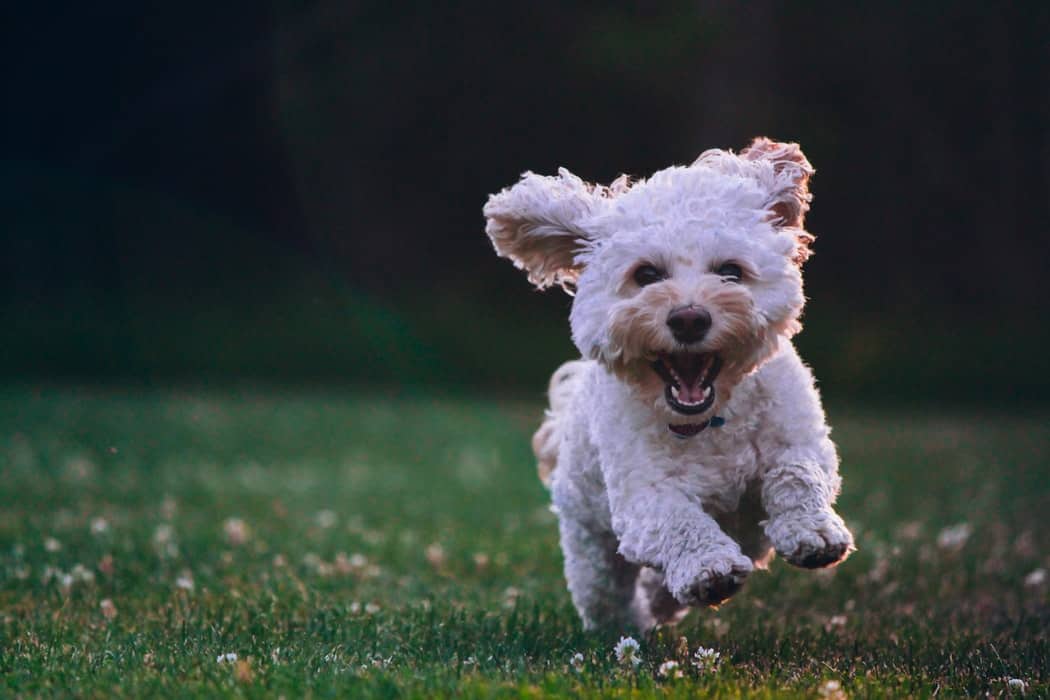AD | Collaborative post
Nobody enjoys acknowledging the difficult fact that their best friend is getting older, and an ageing dog who you can remember being a bouncy, boisterous puppy is akin to parenthood when you have raised your beloved companion its entire life. However, your dog getting older doesn’t have to be a negative, and for a lot of dogs, you might not even be able to tell their age.
A dog’s life expectancy will depend on the breed, and although a dog is counted as old when it moves into double figures, you simply never know – your furry family member may have another ten years on them.
No matter how gracefully your dog is ageing, there are certain measures you have to take to better care for your dog as they age.
The Signs That Your Dog is Ageing
It’s important to take extra care when your dog gets a little older. That means paying more attention to changes in their behaviour as well as checking them more thoroughly along their body and skin.
Signs to look out for include:
- Slowing down
- Sleeping more
- Cloudy eyes
- Weight gain
- Eating less, or taking more time with their food
- Increased frequency in urination and incontinence
How to Care for Your Dog as It Gets Older
1. Regular Grooming
Grooming isn’t just about a little pampering for your pooch. It also has a host of health benefits, including eliminating build up on your dog’s coat, and ensuring that shaggy coats are maintained. This is so that it is easier to analyse the skin for lumps and bumps, which is particularly important in older dogs. Your older dog may need extra compassion and care for its grooming routine, therefore choose a dependable service like Heart + Paw. A veterinary business such as this will ensure a safe and low-stress yet high-quality experience for your pet. Best of all you can watch the great work being carried out through a large window!
2. Regular Veterinary Check-Ups
Aside from the usual annual dog vaccination boosters during which your vet should check your dog over, you can also book specific senior wellness checks for your pet. Be sure to pay attention to the aforementioned signs of ageing to know whether any of them are in increased measures or a cause for concern. You should then book an appointment for advice with your vet.
3. Take Extra Care with Your Dog’s Diet
Especially in those breeds which are known for putting on extensive weight as they age, you should pay attention to portion amounts and ensure that you’re not overdoing it with treats and meals.
For certain health conditions where applicable, you may even need a specifically tailored diet that eliminates certain ingredients.
4. Be Kind
Your dog may not be able to run as fast as it used to, it may not hear you when you call, through no fault of its own, and it may need more regular stops during a walk to urinate. It’s important to have patience and not shout at your pet for failing to heed your call, or for taking extra time to fulfil a task. It can’t be helped. If they have accidents in the house, don’t punish them for it.
The beautiful thing about dogs is that even when they age, they are still the faithful companion you fell in love with many years ago, and will still feel like the happiest pet in the world.

